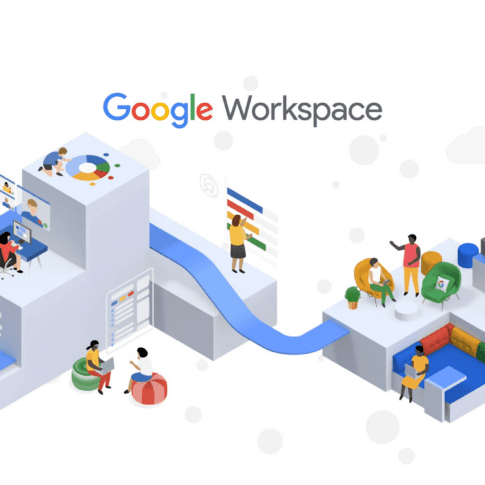How to prevent a potential client from “disappearing”?

In my last article I wrote about how pointless it is to waste precious time on pointless meetings and how important it is to clearly define the purpose of each meeting, so that is is maximally effective. But what if you take all of these steps and a potential client just “disappears” and stops answering your calls and e-mails?
Although there is a number of possible reasons for this in more complex sales processes, it is most likely that a potential client thinks that the salesperson or the solution they offer, can no longer bring them any value.
The often-occuring situation is that the client shows interest until they get your offer, and then the communication simply stops. The salesperson usually comes to the conclusion that something is wrong with the offer or that the price is too high – this can sometimes be the reason, but rarely is it the sole or main reason when it comes to long-term and more complex sales processes.
Often the main reason is that the salesperson did not provide value to the client, but only product or service information. After the potential client got the information about the price which was the only thing missing in their mosaic, they concluded that the seller could not bring any additional value.
How can you solve this problem?
The only way to avoid this is that the seller brings additional value to each contact with the potential client and that the client sees each meeting as an opportunity to gain valuable information. So, the key is that existing and potential clients see you as a valuable resource for their business, not just as a person who sells their product. This requires insight into the business processes of your clients.
Why is it important to have a good insight into the business processes of your prospective clients?
Here we will start with a definition of “insight”, which is the ability to acquire a correct and deeply intuitive understanding of a person or thing..
What is good insight? It must be relevant, it must contain new information and it must enable action.
What’s important is only that which is relevant to your client. Also, it is important that the client gets some new information they were not previously aware of. And ultimately, you need to be enable a potential client to do something about the information they received (for example, give them a chance to improve some of their sales processes).
A few practical tips on how to add value to every sales meeting:
If you can’t answer the question “why the clients needs to see me”, don’t arrange a meeting.
The client wants to see you because of the value you can bring them, and if you can’t offer anything other than the usual information at the moment, don’t waste both your client’s and your time on meaningless meetings.
Prepare to be able to add value to every meeting.
When you believe in your solution and the value it can bring to your customer, the important tip for every sales process and especially those that are more complex is: planning = success. Predict all possible scenarios and decide in advance what your next steps will be in each of these scenarios.
Bring unexpected value to the meeting for the client.
Prepare powerful questions, share your knowledge with the client and stimulate them to think. Let them understand their needs better and enable them to see the way to success..
If you provide extra value to the client, they will be ready to pay a premium price.
When are the clients ready to pay the premium price?
- when the seller identifies an unexpected solution to the client’s problem
- when the seller identifies a problem the client wasn’t aware of until then
- when the seller identifies an untapped opportunity for the client
- when the seller doesn’t act only as a vendor for a particular solution, but an advisor the client can trust
In the end…
There is always a possibility that a client ceases to communicate with you, but if you do everything in your power, in accordance to these tips, your clients will not only be happy to communicate with you, but will recognize you as a long-term partner they can trust. And this is ultimately the main goal – to have loyal customers that are satisfied in the long-term.
Related articles
NIS2, DORA, and the Cybersecurity Act – What Awaits Us?
NIS2 Directive – Who Does It Concern and How to Implement It?

What Is Penetration Testing and Why Do You Need It?

10 Questions You Need to Ask About the NIS2 Directive – and Why It Concerns Us All
HSM in 2024
Why buy a Google license from a local partner?
Google Workspace vs. Microsoft 365 – which one suits your needs better?

What is Google Workspace and how can it help teams collaborate even better?
HSM in 2023